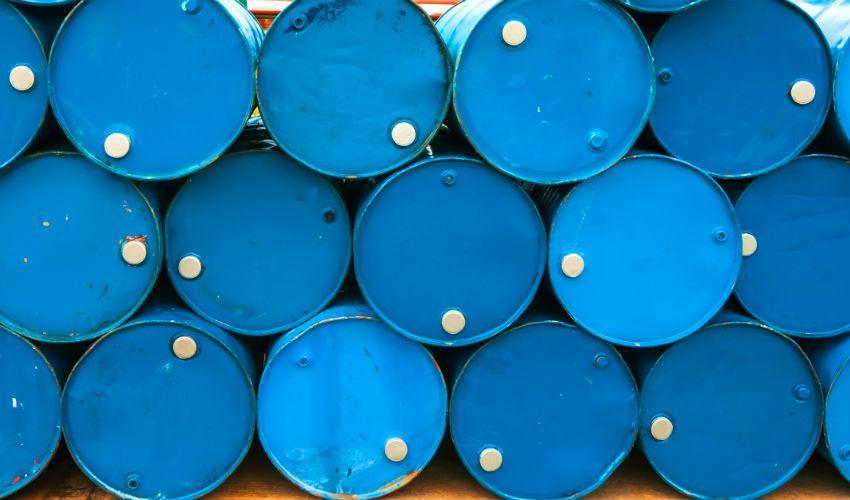
Treat Production Waste if You Want to Know and Reduce It
A STUDY BY DUTT AND KING CHALLENGES CONVENTIONAL WISDOM THAT END OF PIPE TREATMENT CAUSES A SURGE IN WASTE PRODUCTION AND FINDS EVIDENCE TO THE CONTRARY: WHEN EOP SYSTEMS ARE IMPLEMENTED WASTE IS BETTER MONITORED AND THEN REDUCEDEnd-of-pipe (EOP) treatment is any system that processes waste before discharging it to the environment, including waste burning, recycling and chemical treatment. Received wisdom is that introducing EOP treatment in a production process has two downsides: it diminishes workers’ awareness of waste and ability to identify its root causes and it reduces incentives to eliminate waste.
A paper by Bocconi Department of Management and Technology’s Nilanjana Dutt and Tuck School of Business’ Andrew King (The Judgement of Garbage: End-of-pipe Treatment and Waste Reduction, in Management Science, Volume 60, Issue 7, doi: 10.1287/mnsc.2013.1827) challenges the assumption and finds that the opposite is true: when a facility introduces EOP treatment, after an initial, reported surge in waste, due to the fact that firms start collecting better waste data, a substantial and prolonged reduction follows. “We infer that EOP treatment causes facilities both to measure waste more accurately and to identify ways to reduce waste”, the authors write.
Dutt and King’s results come from an accurate analysis of the data about chemical waste of 31,221 American production facilities collected between 1991 and 2005 by Environment Protection Agency’s (EPA) Toxics Release Inventory database that includes 612 chemicals routinely used by production facilities, for a total of 677,809 facility-chemical-year observations.
“The idea to challenge the conventional wisdom derived from two lines of studies”, Dutt says. “First: case-studies on EOP systems that highlight EOP treatment’s ability to provide data about waste; second: research on quality management that suggests data collection, measurement, and analysis could enable waste reduction. EPA’s data, though, prove the old theory wrong even beyond our expectations: EOP treatment increases information about waste and this information leads personnel to, first, recognize the full extent of the waste a facility generates, and second, undertake ongoing waste reduction”.
This refutation of one of the central predictions of environmental management implies advice to regulators and managers to implement policies that encourage careful monitoring of process waste and, most importantly, to be cautious in designing regulation that prevents or discourages EOP treatment.
by Fabio Todesco
